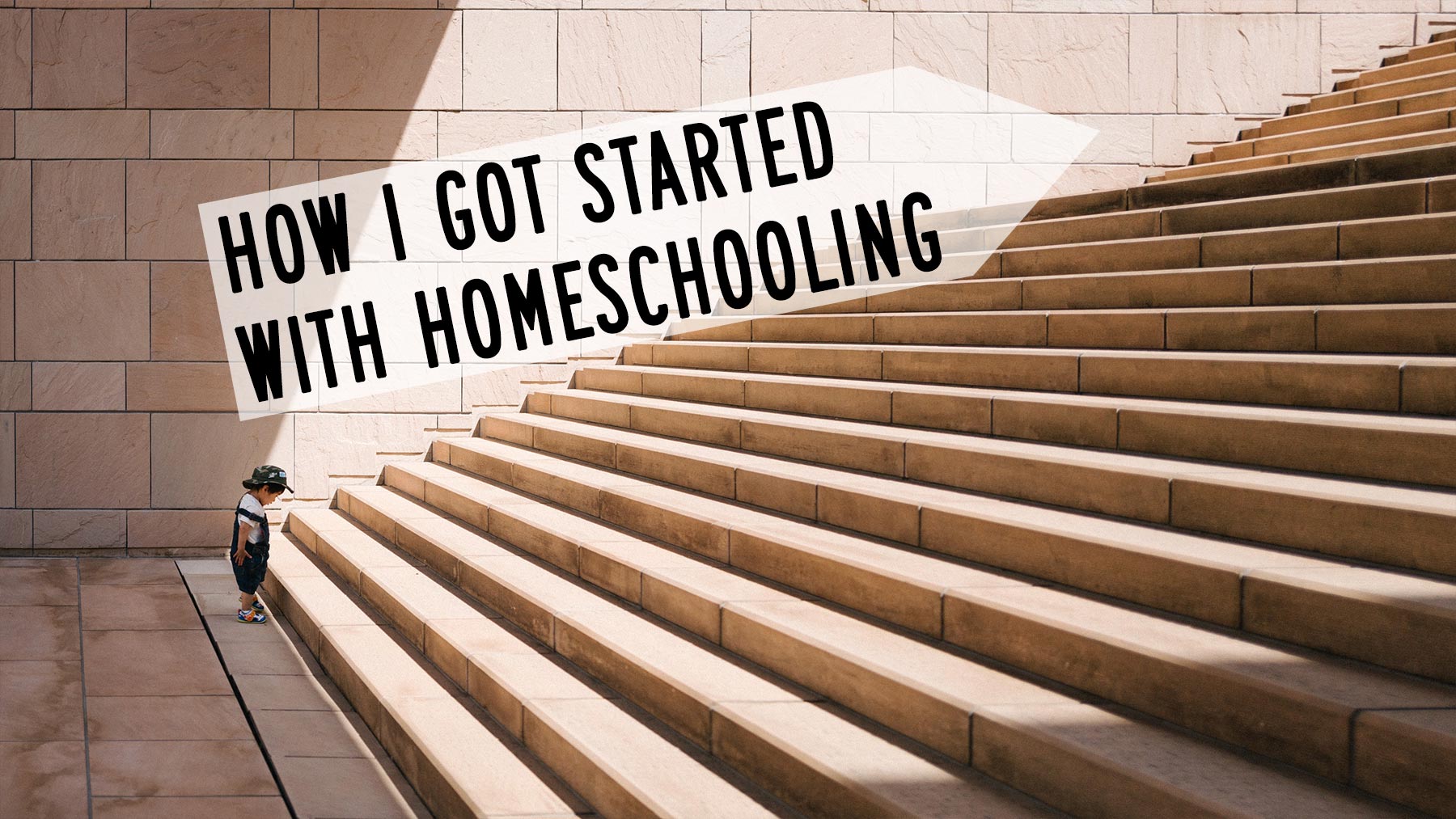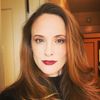How I got started with homeschooling

Here are the steps and phases I went through as we were first getting a foothold on homeschooling. If I knew back in 2019 what I know now in 2021, I'd skip some of this and get straight to the good stuff.
First stop was figuring out the legalities and requirements. It varies state-to-state, and California has a few different options, the most popular and easiest being to create your own private school ("the PSA option," PSA stands for "Private School Affidavit," the name of the form you fill out). It sounds like a big deal but it isn't. The Homeschool Association of California has a helpful step-by-step guide for creating your own private school in California.
Next came figuring out the actual education.
My first thought was that there might be some sort of online school that Wanda could do, but that was a swift dead end, the options exist but look pretty terrible. Once in a blue moon I'll hear distant wisps of a tale of a kid who does well with one of them, but that seems to be a rarity.
Next stop was looking at what's called "all-in-one" curricula, where multiple subjects are packaged together as one cohesive experience. Some of the popular secular options include Torchlight, Oak Meadow, and Build Your Library. These options often include a long list of books you have to either buy or try to track down at the library. My spidey sense told me that it'd be a real mixed bag, and I'd be unhappy with chunks of it. Some families do great with these curricula, but it seems to be a pretty common experience for homeschoolers to start out with an all-in-one curriculum for a year or two, and wind up tossing it in favor of selecting separate resources for each subject.
Okay, no charter school, no online school, no school-in-a-box... it was starting to feel like walking on thinner and thinner ice, but now that I'm doing it, that trepidation was silly. This is the way that works best for me: identify the subjects you want to teach, and choose the best materials for each one. For the most part, the available options are outstanding, and the learning is deep. It ain't hard.
You don't need to start out with every subject sorted out. In fact, you may benefit from taking a big ol' pause to play and get to know your kid for a bit; this is called "deschooling" and I wrote a bit about it here. Then you can start with one or two subjects, and weave in the others over time as you find resources you like.
I created a list of subjects I wanted to cover, and used it as a sort of checklist. Then I searched for information about the available secular curricula for each subject. Some general Google searches turned up some useful-ish curricula review sites, but I found the Secular, Eclectic, Academic Homeschoolers group on Facebook to be the most useful. (The SEA group even has a sub-group for homeschooling gifted & 2e kids.)
A bit over a year ago I shared what our curriculum looked like; it's morphed a bit since then of course, but it's still a good snapshot of the choices I landed on for each subject.
If you could use a buddy as you get started, hit me up. I've done some Zooms and phone calls with folks to answer their questions and show them our PSA filing and my curricula. I've been able to homeschool so successfully because many, many other folks were open about sharing their experiences, and I love to continue that by helping others.

